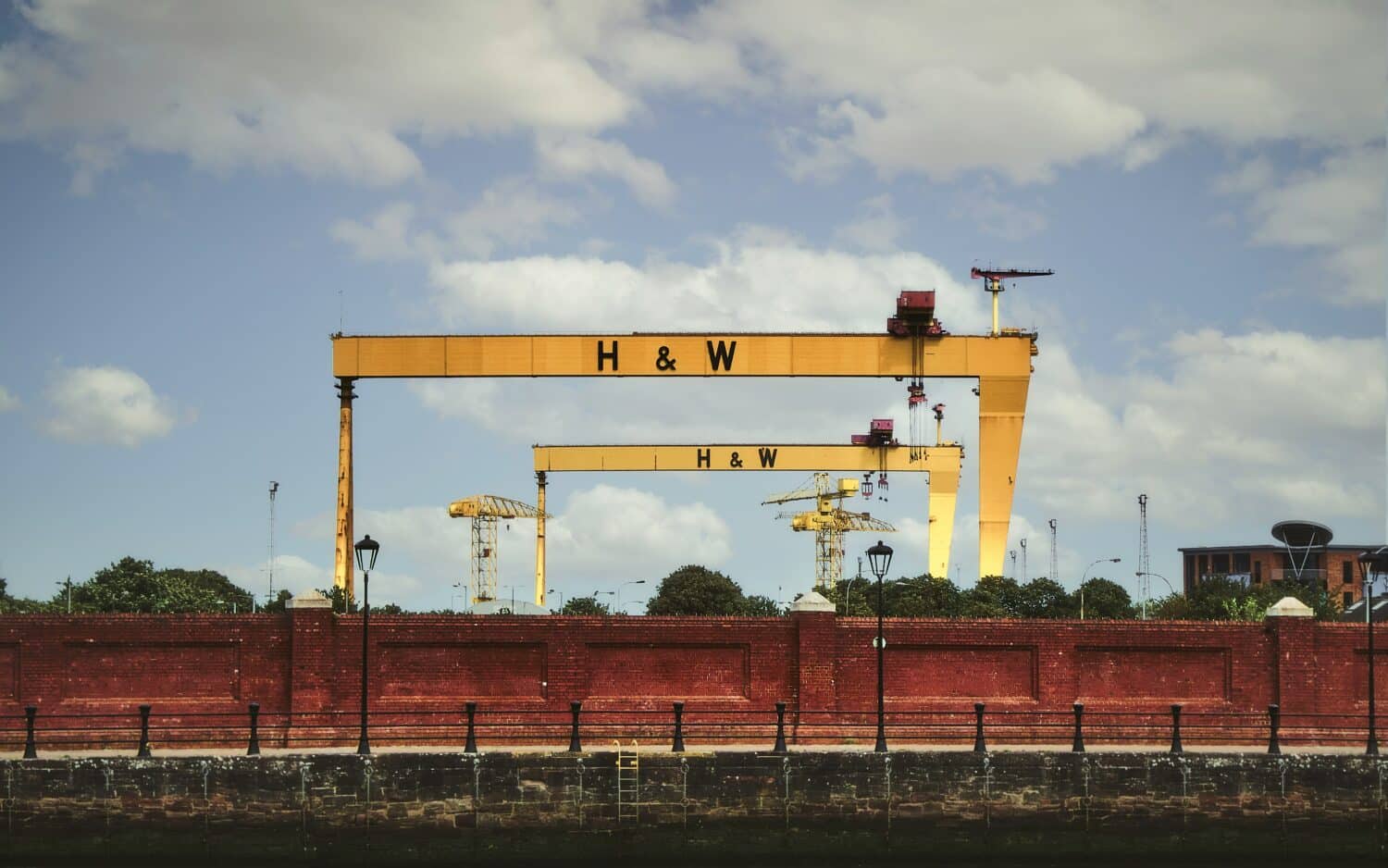New Foundations
A Labour government can help restore stability to Northern Ireland, writes Claire Hanna MP
When it became clear that Labour had won a landslide majority in the general election, bringing an end to 14 years of Conservative reign, there was relief and optimism in Northern Ireland.
Successive governments since 2010 had been marred by a chaotic and irresponsible approach to governing, not least in Northern Ireland, where again and again the Tories demonstrated a lack of understanding, respect or balance – perhaps most starkly felt during the Brexit years, but also evidenced by the introduction of the toxic and universally unpopular Troubles Legacy Bill.
Labour’s election represents opportunity, greater stability and a chance to reset relationships within and across these two islands.
It was of course under a Labour government that the Good Friday agreement was brokered and there remains an institutional memory of what went before it – with a palpable sense within Labour of the fragility and complexity of a society still getting to grips with its past.
Labour’s actions in the weeks since the election, including a visit to Belfast on Starmer’s third day in office, have already demonstrated a government prepared to treat Northern Ireland with respect and care, including a practical approach to relationship building with the Irish government and with the EU. History shows that London and Dublin operating as friends and equals is the best path to success here. So, the mood is better – but tough decisions lie ahead, albeit ones likely to be easier to tackle for a government focused on finding solutions instead of milking problems.
Near the top of Labour’s agenda should be the stability of the North’s political institutions. With five of the last seven years wasted in political stalemate, when first Sinn Féin and then the DUP collapsed Stormont, reforms to the Northern Ireland Act to prevent one party veto are possible and necessary.
Of course, progress can be made prior to institutional reform. The stakes are high: years of instability and the never-ending cycle of crisis and collapse of the Northern Ireland Executive have left public services in Northern Ireland in a bad way. We now need to see the Northern Ireland Executive get serious and move beyond positive words and symbolism and into delivery. The people of Northern Ireland need to see prioritisation and meaningful change and that must start with the publication of a programme for government, of which there is no sign over 200 days after the restoration of Stormont. People are glad to see parties working together but politics is still largely directionless, whilst the list of challenges grow and the solutions become more complex. Westminster has a role to play here, too: even the last Tory government agreed the need for recalibration of the way Northern Ireland is funded, reflecting demographic need and economies of scale.
There are other areas of opportunity for Northern Ireland with a Labour government in Westminster. Post-Brexit trade frictions are yet to be resolved, and there is low-hanging fruit to harvest through EU and UK agreements like the introduction of a veterinary agreement and legislation which would make it easier to align product standards with the EU.
Happily, we’re looking forward to three years without an election. This hasn’t been the case since 2011, with ten elections in the last decade. The conditions for delivery are there; there must now be action, and Labour has a key role to play in ensuring that happens.
Image credit: K. Mitch Hodge via Unsplash

